If you're comparing Thoropass vs Vanta for SOC 2 or security compliance, you're looking at two popular approaches to the same goal. Both platforms promise to automate compliance workflows and help you achieve certifications like SOC 2, ISO 27001, and HIPAA (but they take fundamentally different paths to get there).
Here's the honest truth: Thoropass offers a high-touch, service-driven model where experts guide you through every step (and even conduct your audit). Vanta provides powerful automation software that empowers your team to manage compliance yourselves. Neither is objectively "better," but one might be significantly better for your situation.
This comparison breaks down how Thoropass and Vanta actually work, what they cost, their real strengths and limitations, and which teams they serve best. By the end, you'll know which platform aligns with your needs (or whether you should consider a different approach entirely).
Thoropass vs Vanta: Core Differences Explained
Before diving into feature comparisons, you need to understand the core difference between these platforms. It shapes everything from pricing to user experience.
What is Thoropass and How Does It Work?
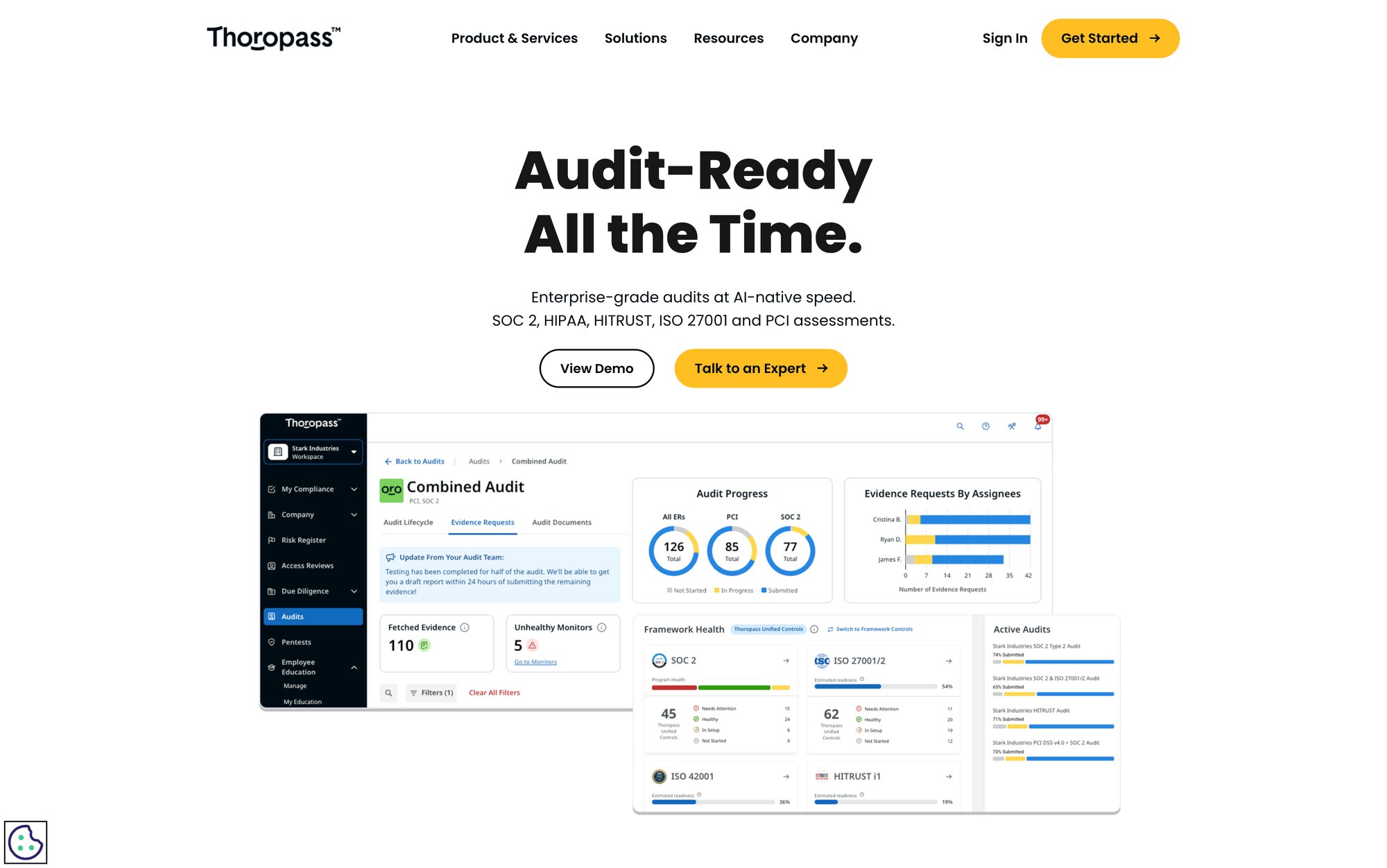
Thoropass (formerly Laika) positions itself as a "compliance team in a box." When you sign up, you're not just getting software. You're getting software plus a dedicated compliance team plus integrated audit services.
The platform pairs automation with real human experts (often former auditors or security professionals) who coach you through each requirement. They'll help interpret controls, write policies, recommend fixes, and actively manage your timeline. And when you're ready for the audit, Thoropass provides the auditor too. Everything happens under one roof.
This approach works beautifully if you lack in-house compliance expertise or simply want someone else to handle the complexity. One industry analysis captured it perfectly:
"Vanta gives you a checklist. Thoropass gives you a coach and a referee."
Thoropass's hundreds of customers (spanning fintech, healthtech, and SaaS) appreciate this thoroughness. The platform emphasizes that compliance should never block your deals, and their service-heavy model ensures nothing slips through the cracks.
What is Vanta and How Does It Work?
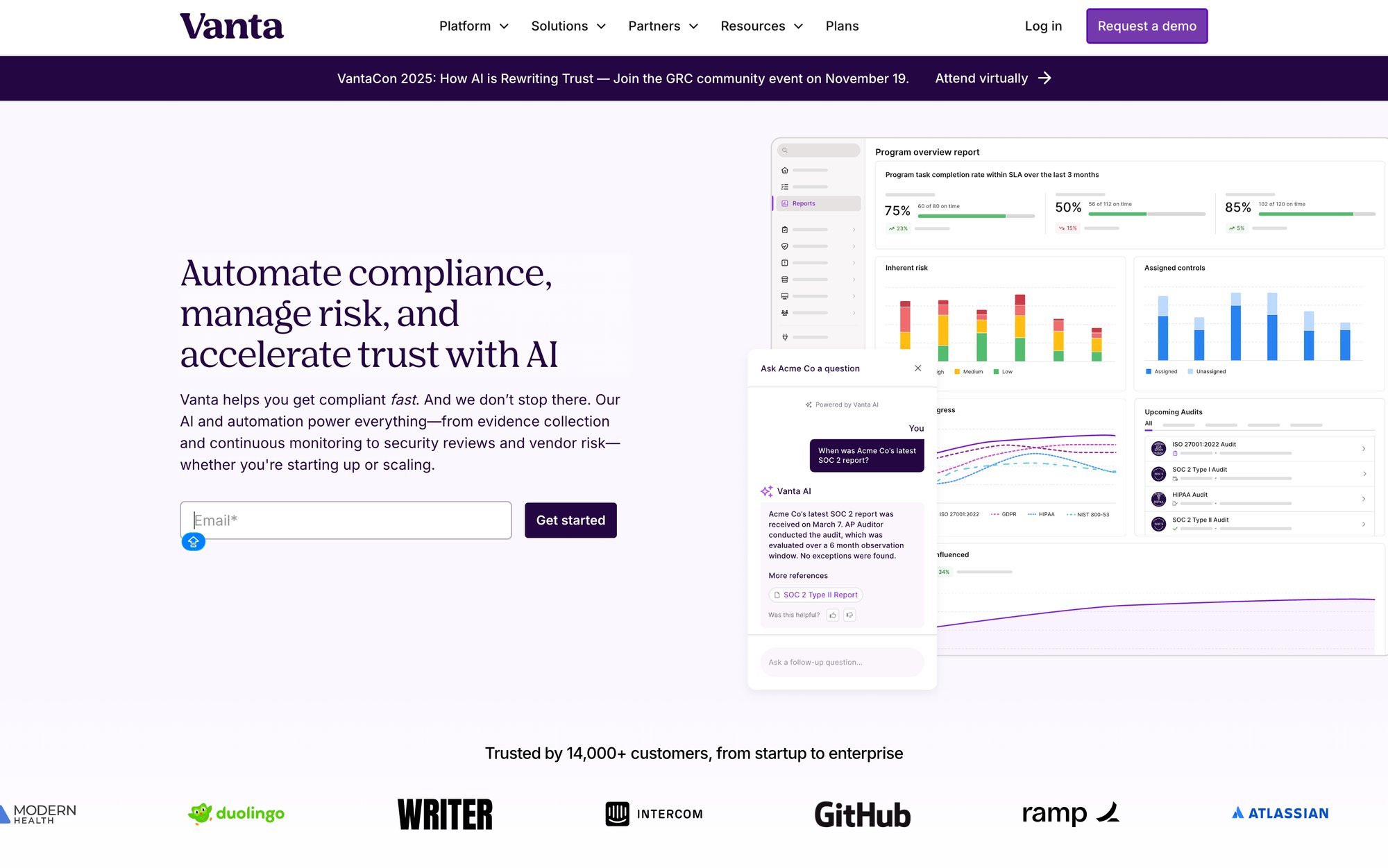
Vanta takes a different approach entirely. Launched in 2018, Vanta pioneered the idea of automated compliance software that companies could use themselves. It's designed to be self-serve: you integrate your systems, follow the software's checklist, and let automation handle the tedious parts.
Vanta excels at connecting to your tech stack (they have over 300 integrations), automatically collecting evidence, monitoring security controls, and alerting you to issues. The platform tells you exactly what needs to be done, but your team does most of the implementation work. When you need an audit, you choose from Vanta's network of trusted third-party auditors.
Over 8,000 companies use Vanta, with more than 2,100 reviews on G2 averaging 4.6 stars. They're known for an intuitive interface, extensive automation, and support for one of the broadest sets of compliance frameworks in the market. Everything from SOC 2 and ISO 27001 to newer standards like ISO 42001 for AI risk, and even FedRAMP.
This software-first approach suits teams that have at least some internal technical capacity and prefer to stay in control of their compliance program.
Service vs Software: Which Approach Do You Need?
Think of it this way: Thoropass delivers a service, while Vanta delivers software. Thoropass actively shepherds you through compliance and conducts the audit. Vanta equips you to achieve compliance using automation and your own effort (plus separately sourced audit support).
Keep this fundamental difference in mind as we compare specific capabilities.
How Thoropass and Vanta Guide You Through Compliance
The day-to-day experience of using these platforms differs substantially based on their philosophies.
Thoropass: High-Touch Expert Guidance
When you start with Thoropass, you're immediately assigned a compliance success team. These aren't just support reps answering tickets (they're former auditors and security professionals who proactively guide you through the entire process).
They'll help you understand what each control actually means in practice, identify gaps in your security posture, write or customize policies, and recommend specific technical fixes. If you're confused about access reviews or incident response procedures, you can schedule a call or often just ping them in Slack.
This white-glove service extends to the audit itself. Thoropass markets that you "meet your auditor on day one" with "no surprises." The auditor (either in-house or a close partner) works within the Thoropass platform and is already familiar with how evidence is organized. This integration often leads to faster audit turnarounds. Where you might wait weeks to schedule an external auditor, Thoropass can often begin your audit within days of readiness.
The thoroughness shows in customer feedback. Thoropass earns a 9.6 out of 10 rating for quality of support on G2 (compared to Vanta's already-strong 9.0). Users consistently praise the team for being "incredibly helpful and hands-on," with some saying it felt like hiring a dedicated compliance officer.
The potential downside? If you're very self-sufficient or prefer minimal interaction, this model might feel like more handholding than you need. And since Thoropass manages timelines with you, you have slightly less autonomy over pacing (though they'll work with urgent deadlines).

Vanta: Self-Serve Software with Automation
Vanta's strength lies in making compliance approachable through software alone. When you set up Vanta, you integrate your systems (cloud accounts, identity provider, code repos, HR systems, etc.), and the platform immediately starts mapping your security posture to compliance requirements.
You see a dashboard showing your status: controls passing, controls failing, tasks remaining. The interface is praised for being "intuitive" and "user-friendly," even for non-experts. Vanta breaks compliance into clear, actionable steps.
For example:
→ "Enable MFA for all admin accounts"
→ "Upload your acceptable use policy"
→ "Configure AWS encryption settings"
Automation handles the tedious work. Vanta continuously monitors your connected systems (checking daily if new users have 2FA enabled, if cloud configs meet security standards, if employees completed training). It auto-collects evidence and flags issues before they become audit problems.
But here's the key difference: Vanta expects your team to do the actual work of addressing issues. The software tells you what's wrong and often how to fix it (including specific commands or settings), but you execute the changes. This works great if you have an internal technical person (CTO, DevOps lead, or IT manager) who can own the project.
Vanta's support team is available and helpful (rated 9.0 out of 10), but they're not dedicated consultants. They'll help you understand how to use the platform, clarify requirements, and troubleshoot technical issues, but they won't project-manage your compliance program or write your policies for you.
The audit is also your responsibility to coordinate. Vanta provides an auditor portal and works with many CPA firms who know the platform well, but you'll schedule and manage that relationship separately.
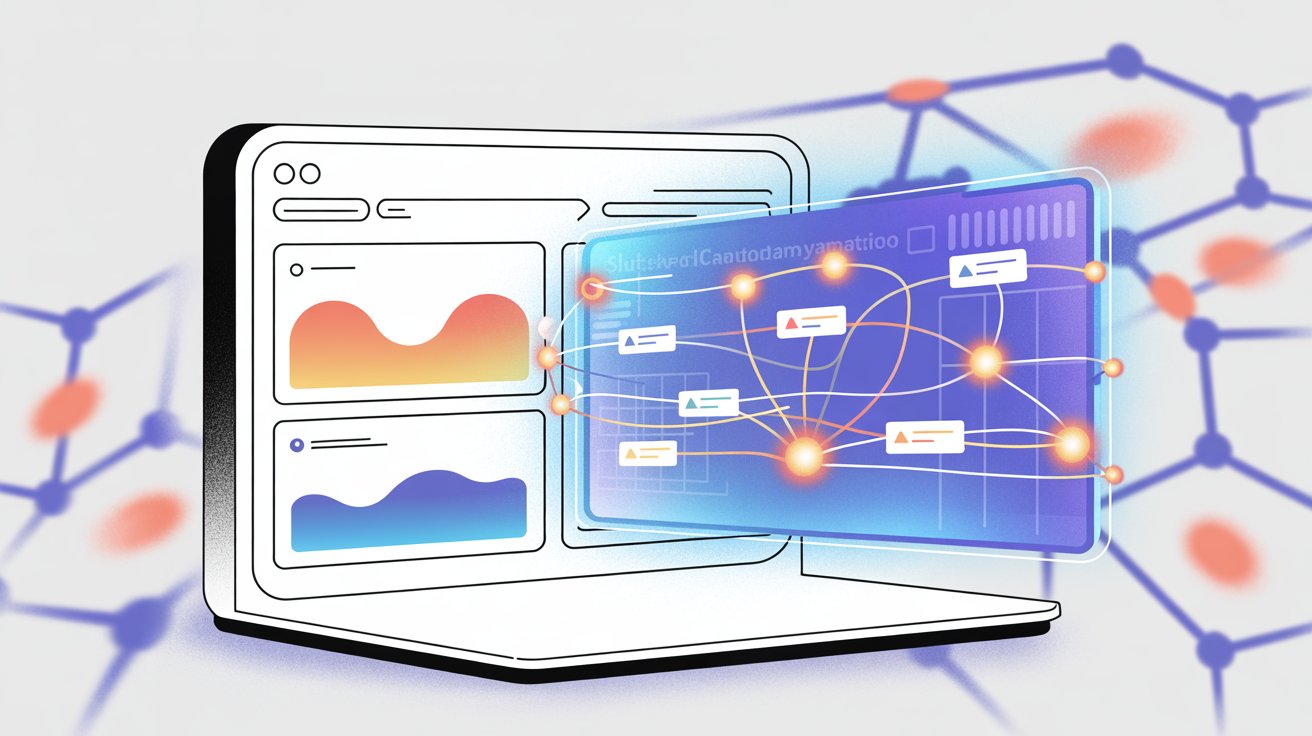
Which Compliance Approach Fits Your Team?
If you lack compliance expertise and want someone to actively manage the process, Thoropass's guided model is invaluable. You're essentially outsourcing compliance to experts while still learning along the way.
If you have internal technical capacity and prefer controlling the process yourself (with powerful tools to help), Vanta's self-serve approach gives you that autonomy while dramatically reducing manual work.
Thoropass vs Vanta Features: Automation and Capabilities
Both platforms aim to automate as much compliance work as possible. Here's how their capabilities actually stack up in practice.
Integrations and Automated Evidence Collection
Integrations are critical. They connect to your systems to automatically gather compliance evidence, replacing manual screenshots and spreadsheets.
Vanta currently leads here with over 300 pre-built integrations. This includes all the major platforms (AWS, GCP, Azure, GitHub, Okta, Google Workspace, HR systems, ticketing tools, databases, endpoint protection, CI/CD pipelines, and much more). If you use somewhat niche tools or plan to adopt new technologies, Vanta likely has a direct connector already built.
Thoropass offers around 90+ integrations covering the most commonly used systems. For typical startup and SMB tech stacks, this is usually sufficient. But if you have a more complex or unusual setup, you might encounter tools Thoropass can't connect to automatically. In those cases, their team will help with manual uploads or custom approaches, but you lose some automation.
Both platforms continuously monitor connected systems once integrated. They'll check if new employee accounts have proper access controls, if AWS buckets are encrypted, if code repos have branch protection, and flag any drift immediately. This ongoing monitoring is essential for maintaining compliance between audits.

AI Automation: How Do They Compare?
Both platforms have jumped on the AI bandwagon, though with varying maturity.
Vanta introduced "Vanta AI" in 2023-2024, which includes AI agents to handle tedious tasks. The platform can auto-fill security questionnaire answers (using your compliance data to respond to customer security forms), summarize policy documents, and detect anomalies in security data. Early user ratings gave Vanta's AI capabilities slightly higher scores (around 7.5-7.7) compared to Thoropass (6.4-6.6) in areas like text summarization and AI monitoring.
Thoropass leverages "Thoropass AI" for automated evidence collection with validation, access review automation, and security questionnaire automation. Interestingly, in at least one case, Thoropass's AI reportedly flagged a HIPAA compliance issue and provided the exact AWS command needed to fix it (which shows the AI can be quite practical).
Both platforms use AI to generate policy documents from templates (customized to your tech stack) and suggest remediation steps for gaps. The reality is both are "AI-powered," though Vanta's larger dataset (more customers over more years) might give its AI slightly better pattern recognition right now.
That said, Thoropass's AI is paired with human oversight. If the AI misses something, their experts catch it. Vanta relies purely on the technology and your team to spot issues.

Dashboard, Workflow, and User Interface Quality
Vanta is consistently praised for its slick, intuitive interface. Users mention that you can see your compliance status at a glance, with clear visualizations of what's passing and failing. The policy management and governance features are particularly user-friendly. G2 reviewers note that Vanta's "user interface is intuitive, making it easier for new users to navigate."
Thoropass has a modern, clean interface too, though it can feel more complex simply because it integrates the full audit process and service components. However, Thoropass actually outperformed Vanta in audit trail capabilities (scoring 9.0 vs Vanta's 8.7). Thoropass provides extremely detailed tracking of every piece of evidence and auditor interaction, which is valuable for accountability and transparency during audits.
Both governance scores are strong (9.0 each), but users report Vanta's governance features feel more polished for day-to-day policy tracking.
Trust Centers and Vendor Risk Management Features
Both platforms offer Trust Centers (public-facing websites where you can share your certifications, policies, and automatically answer prospect security questionnaires). This is increasingly essential for sales enablement, so it's good both provide it.
Where there's a notable difference is vendor risk management. Vanta offers a robust Vendor Risk Management module (as a separate product tier), letting you send questionnaires to your vendors, track their security posture, and maintain a vendor catalog. Vanta scored higher in vendor security assessment features (8.3 vs Thoropass's 7.7).
Thoropass has risk management focused on internal security risks and does offer some "4th party" risk tracking (monitoring risks in your vendors' vendors), but it doesn't have the full vendor questionnaire workflow that Vanta provides. If you need extensive vendor risk assessment capabilities, Vanta's solution is more comprehensive.
Which Frameworks and Standards Do They Support?
Both platforms support the major compliance frameworks: SOC 2 (Type I and Type II), ISO 27001, HIPAA, PCI DSS, GDPR, and more. Thoropass advertises support for 14+ frameworks including SOC 1, HITRUST, and various state privacy laws. Vanta's list is even broader, including newer standards like ISO 42001 (AI risk management) and FedRAMP (for government work).
For most companies pursuing SOC 2, HIPAA, or ISO 27001, either platform handles it well. If you need something very specialized (like FedRAMP), check current support, as Vanta has that available now while Thoropass had it on their roadmap as of early 2025.
Both excel at continuous compliance after certification. They monitor systems 24/7, send alerts when controls drift, and keep evidence updated for your next audit. This is standard functionality now and both do it well.
Feature Comparison: Technical Capabilities Summary
In detailed G2 feature comparisons:
| Feature Area | Thoropass Score | Vanta Score | Winner |
|---|---|---|---|
| Data Loss Prevention | 8.6 | 8.1 | Thoropass (proactive approach) |
| Cloud Configuration Analytics | 8.3 | 8.6 | Vanta (extensive automated checks) |
| Audit Trail | 9.0 | 8.7 | Thoropass (detailed tracking) |
| Vendor Security Assessment | 7.7 | 8.3 | Vanta (robust VRM module) |
These differences are fairly minor in practice. Both platforms will significantly reduce manual compliance work (automating 70-80% of evidence collection), but where precise technical gaps exist, each has areas of relative strength.
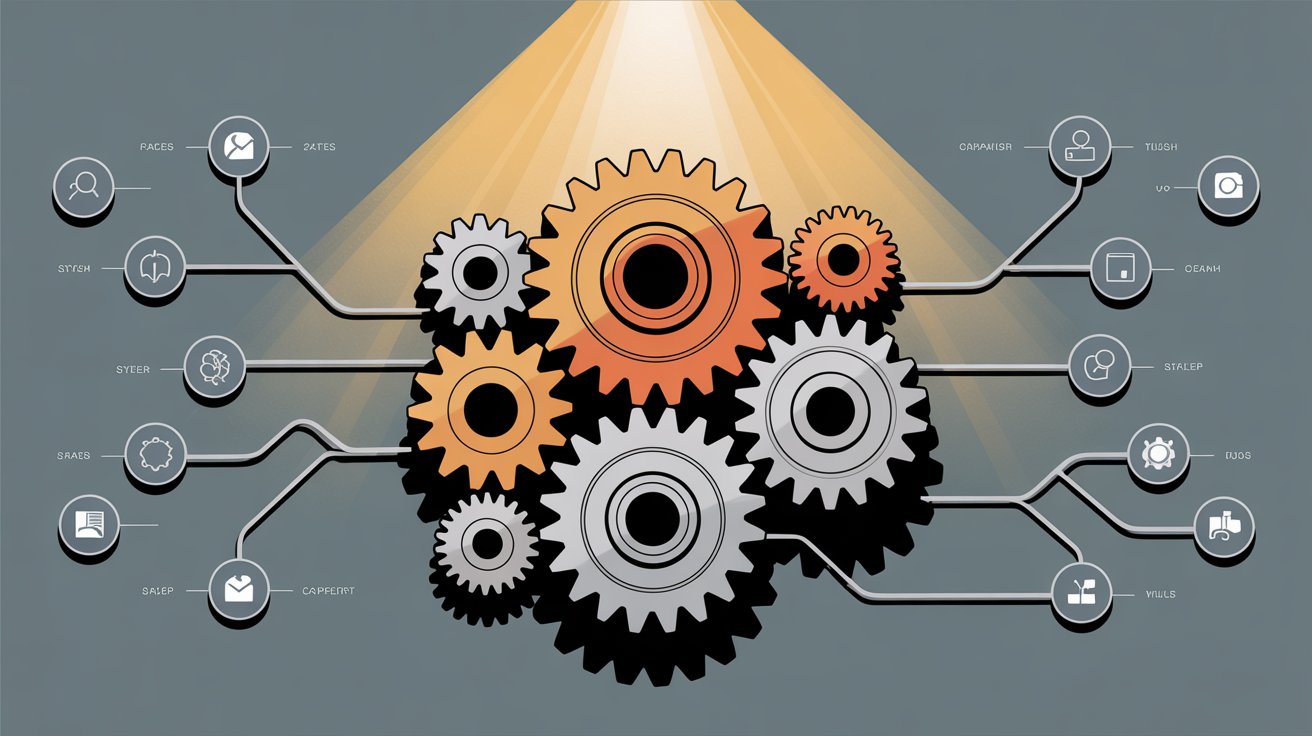
The Audit Process: Integrated vs Separate Auditor
Getting the actual audit report or certification is where Thoropass and Vanta differ most dramatically.
Thoropass: Integrated One-Stop Audit Experience
With Thoropass, your audit is essentially built into the service. Thoropass pairs you with a CPA or assessor early in the process, and that auditor works within the Thoropass platform. They're either in-house or very close partners already familiar with how Thoropass organizes evidence.
This integration typically leads to faster audit turnarounds once you're ready. Thoropass can schedule your audit within days of readiness (some customers report being audit-ready in as little as 7 days). You won't wait weeks to book an external firm or coordinate separate systems.
The coordination is also simpler. You have one point of contact (Thoropass) for questions about both the prep and the audit. If an issue comes up during testing, Thoropass's team and auditor work together to resolve it quickly. This "one throat to choke" accountability is comforting for first-timers.
Thoropass won't send you into an audit until they're confident you'll pass. Their reputation is on the line, so they ensure thoroughness. Some customers pursuing multiple frameworks (like SOC 2 + HIPAA simultaneously) appreciate that Thoropass can coordinate concurrent audits efficiently.
Vanta: Choose Your Own Auditor from Network
Vanta does not perform audits (to maintain independence as a software-only vendor). Instead, they maintain a network of trusted partner audit firms and provide an Auditor Portal in the software.
When you finish your compliance prep in Vanta, you export or share your evidence with an auditor you select from their approved list. Many audit firms are familiar with Vanta's output format, which streamlines the process. You have flexibility to shop around based on cost, reputation, or specific expertise.
The timing of the audit is separate, though. You might finish readiness in Vanta in 4-6 weeks, but your chosen auditor's availability to start testing might be a few more weeks out. This isn't Vanta's "fault," but it's an extra coordination step you need to manage.
You'll also pay the auditor separately (more on cost in the next section). For some companies with existing auditor relationships or specific preferences, this separation is actually desirable. For first-timers who just want the certificate as quickly as possible, it's another ball to juggle.
How Long Does Compliance Take with Each Platform?
Both platforms dramatically accelerate compliance compared to traditional consulting. With either, you're looking at weeks (not months) for SOC 2 Type I readiness in many cases.
Thoropass customers have reported becoming audit-ready in as little as 7 days. Vanta has similar stories of companies achieving SOC 2 in a few weeks instead of 3-6 months. The key difference is certainty versus autonomy: Thoropass might take a few extra days to ensure perfection (since they're staking their reputation on the audit they'll conduct), while Vanta lets you move as fast as you can respond to tasks.
For SOC 2 Type II, neither can eliminate the mandatory 3-6 month observation period required by the standard. But both can get you to the starting line fast and keep you on track during that window through continuous monitoring and alerts.
Thoropass vs Vanta Pricing: What You'll Actually Pay
Cost is often a deciding factor, but unfortunately, neither Thoropass nor Vanta publicly lists detailed pricing. Both require sales calls for customized quotes. That said, there's enough industry data on SOC 2 costs to outline general expectations.
Vanta Pricing Tiers and Costs
Vanta uses a subscription model with five tiers: Core, Plus, Growth, Scale, and Enterprise. Pricing is based on company size (employee count or devices) and number of frameworks.
| Vanta Tier | Annual Cost | What You Get | Best For |
|---|---|---|---|
| Core | ~$10,000 | One framework (SOC 2), basic automation, integrations, trust center | Startups, first certification |
| Plus | $15,000-30,000 | Advanced access reviews, more security questionnaire automation | Growing teams |
| Growth/Scale | $30,000-80,000+ | Custom controls, extensive questionnaire automation | Formal GRC teams |
| Enterprise | $80,000+ (custom) | Fully tailored for complex needs | Large organizations |
*Critical note: These subscriptions do *not include the auditor's fee. A SOC 2 Type II audit by a CPA firm typically costs $10,000-20,000 (more if complex). ISO 27001 certification audits can run $15,000-40,000.
So for example, a 50-person startup might pay Vanta $10,000 and an auditor $12,000 for a total of about $22,000 to achieve SOC 2 Type I compliance.
Vanta's pricing scales with headcount and add-ons. One report noted a Core plan can jump from $10,000 to $30,000 as you add integrations or exceed employee thresholds. Be aware of potential "hidden" costs: the base plan might cap security questionnaire responses (say, 25 per year), requiring upgrades or additional fees for more.
Thoropass Pricing: Bundled Service Model
Thoropass also uses a subscription model but tends to bundle more services into a single price (including audit support).
Industry data suggests Thoropass often costs around $15,000-25,000 per year for a full SOC 2 package (including platform, expert support, and one audit report). One competitive analysis noted Thoropass packages around $20,000 per year for mid-sized tech companies needing SOC 2 + HIPAA.
This likely represents your "all-in" cost to get compliant. You're less likely to encounter surprise add-ons since consulting hours and audit are generally included in the service. Thoropass isn't trying to be the cheapest option (they're selling value: software + service + audit).
Compared to hiring a separate compliance consultant ($30,000) plus auditor ($15,000), Thoropass's $20,000 all-in can actually be quite favorable. But compared to pure software approaches, the sticker price seems higher because it's more comprehensive.
Total Cost Comparison: Which Saves Money?
When comparing costs, consider what you're actually getting:
| Scenario | Vanta Approach | Thoropass Approach | Who Saves? |
|---|---|---|---|
| Small startup (one framework) | Core ($10k) + Auditor ($8k) = $18k | All-in package: $18-20k | Similar cost, choice of approach |
| Scrappy 5-person startup | Negotiated ($8k) + Budget auditor ($5k) = $13k | Minimum package: $15k+ | Vanta (but more DIY work) |
| Mid-size (two frameworks) | Plus ($20k) + Two audits ($25k) = $45k | Bundled package: $30-35k | Thoropass (included audits) |
Always ask for itemized quotes showing exactly what's included: Is the audit fee bundled? How many user accounts? Are there extra fees for additional frameworks or support hours? What happens at renewal?
Contract Terms and Commitment Requirements
Both typically require annual contracts (since compliance is ongoing). Neither offers month-to-month publicly. However, newer alternatives (like us at Comp AI) have started offering month-to-month options with no long-term commitment, which might eventually pressure the market toward more flexibility.
Budget for a yearly engagement with either Thoropass or Vanta.

Customer Reviews: Real Pros and Cons
Let's look at what actual users love and where each platform has room for improvement.
What Customers Love About Thoropass
Exceptional Guidance and Support
This is overwhelmingly the top theme. Users consistently praise Thoropass for being "incredibly helpful and hands-on." Non-experts report feeling like they hired a dedicated compliance officer. The 9.6 out of 10 support rating reflects this white-glove service.
Streamlined Audit Process
Having the audit under one roof means fewer surprises. Issues get caught and fixed before the formal audit report. Some customers reported audit cycles of just a couple weeks instead of months. For startups needing multiple frameworks, Thoropass coordinating concurrent audits is a huge advantage.
Thoroughness and Peace of Mind
Thoropass isn't about just checking boxes. They ensure you properly implement controls and improve your actual security posture. Regulated industries (healthcare, finance) particularly value this rigor.
All-in-One Convenience
Small teams love having a single touchpoint. No juggling separate consultants, auditors, and software platforms. You always know who to ask.
What Customers Wish Thoropass Did Better
Less Self-Service Independence
If you're very tech-savvy and don't want handholding, Thoropass's model might feel like overkill. You might end up in more meetings than you need.
Narrower Integration Coverage
With ~90 integrations vs Vanta's 300+, you might encounter niche tools Thoropass can't auto-connect to. Their team will help manually, but you lose some automation.
Interface Not Quite as Polished
While clean and functional, some users noted minor UI quirks (though Thoropass is responsive to feedback and continuously improving).
Cost for Smallest Startups
Thoropass's comprehensive service comes at a price that might stretch a 3-person pre-seed startup's budget. The value is clear when you factor in the audit and time saved, but the upfront cost could be a barrier for the tiniest companies.
What Customers Love About Vanta
Intuitive Interface and User Experience
Vanta is consistently praised for making compliance clear and approachable. Users mention the interface makes it "easy to see what needs to be done" with excellent visualizations. Even non-experts can navigate the platform effectively.
Extensive Automation and Integrations
The sheer automation Vanta provides gets rave reviews. Auto-checks for dozens of controls continuously, accurate and helpful recommendations (not just noise), and that safety net of 300+ integrations that future-proofs your setup.
Broad Framework Coverage and Flexibility
Vanta handles multiple frameworks in one platform, with unified control mapping so overlapping requirements don't create duplicate work. Great for companies pursuing several certifications.
Continuous Innovation
Vanta regularly rolls out new features, integrations, and improvements. Users who've been with them for years appreciate the platform constantly getting better.
Scalability
Many startups grow into mid-size companies while staying on Vanta. The platform handles increasing complexity well with appropriate plan upgrades.
What Customers Wish Vanta Did Better
Separate Auditor Coordination
The most common complaint isn't about the software itself but needing to manage a third-party auditor separately. Some users would prefer an all-in-one solution.
Support is Reactive, Not Consultative
Vanta's support is solid (9.0 out of 10) but more reactive (you ask, they answer) rather than proactive consulting. It's focused on software usage, not dedicated compliance expertise. Some growing companies end up hiring fractional specialists alongside Vanta.
Pricing Can Get Expensive
As you scale, costs can jump. Adding frameworks might require plan upgrades. Some users feel nickel-and-dimed by upsells for features or framework additions. The opaque pricing (requiring sales calls) is frustrating for buyers wanting transparency.
Less Accommodation for Unique Processes
Vanta is built to standardize, which works great for typical scenarios but can feel limiting if you have unusual controls or want to deviate from common approaches.
Overall Customer Satisfaction Ratings
Both platforms have excellent ratings. Thoropass averages 4.7 stars on G2, Vanta 4.6 stars. In one PeerSpot comparison, 100% of Vanta users said they'd recommend the solution. Despite any limitations, both deliver real value.
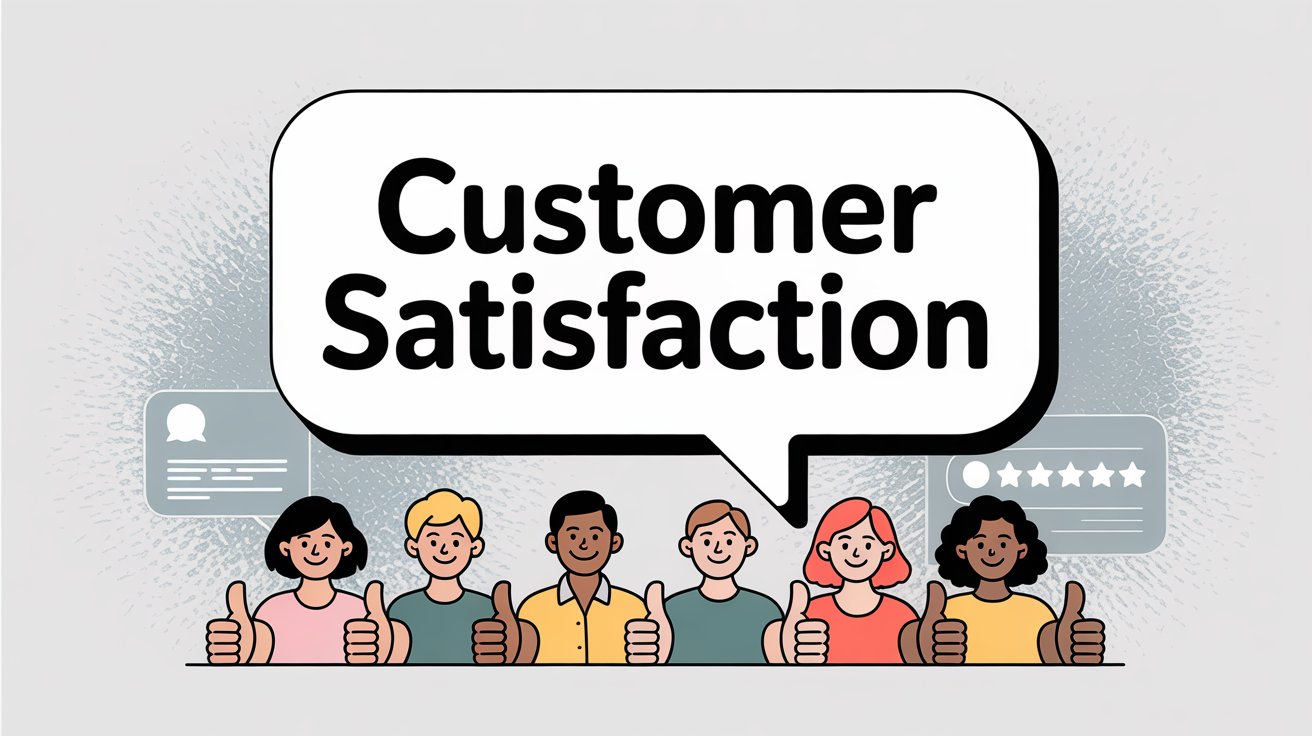
Thoropass vs Vanta: Which Should You Choose?
Here's how to think about which platform fits your needs:
Choose Thoropass if You Need:
- Expert guidance through compliance. Minimal experience with SOC 2 or ISO 27001? Thoropass provides expert guidance at every step, reducing stress and uncertainty.
- All-in-one solution including audit. Don't want to separately source an auditor? Thoropass lines up the auditor and integrates it seamlessly. Especially valuable for tight timelines.
- Thoroughness with low audit failure risk. In highly regulated spaces or with critical customers, Thoropass ensures controls truly meet requirements. Low risk of missing something important.
- Limited internal bandwidth. Small startup with no security engineer? Overloaded CTO? Thoropass does heavy lifting that Vanta would expect you to handle.
- Multiple compliance programs simultaneously. Coordinated approach for SOC 2 + HIPAA or other combinations can be more efficient.
Choose Vanta if You Need:
- Self-service tech-driven solution. Confident managing your own compliance? Have someone on staff who can own it? Vanta empowers them with best-in-class automation while keeping them in control.
- Extensive integration coverage. Complex or unusual tech stack? Vanta's 300+ integrations more likely cover everything seamlessly.
- Existing auditor or security team. Want to use a specific auditor? Have internal compliance expertise? Vanta lets you maintain those relationships while providing excellent tooling.
- Vendor risk management functionality. Vanta's add-on modules for vendor reviews and risk management make it more of a comprehensive GRC platform beyond just audit prep.
- Cost optimization through self-service. Vanta can be more cost-effective if you leverage lower tiers and find competitive auditor rates, though you'll be doing more yourself.
Why Comp AI Offers a Better Compliance Solution
At Comp AI, we've worked with hundreds of companies pursuing compliance, and we kept seeing the same frustrations with traditional approaches:
The speed problem: Even with Thoropass or Vanta, companies still wait weeks or months to get compliant. Deals get blocked, growth stalls, and stress builds. Many companies are looking for a Vanta alternative or Drata alternative that can deliver faster results.
The effort problem: Vanta's self-serve model requires significant internal effort. Thoropass's guided approach is better but still follows traditional timelines.
The cost problem: Five-figure annual subscriptions (plus auditor fees) are a heavy burden for early-stage startups. And opaque pricing makes budgeting difficult.
We built Comp AI to solve these core pain points through AI automation and expert support:
How Comp AI's AI-Powered Approach Works
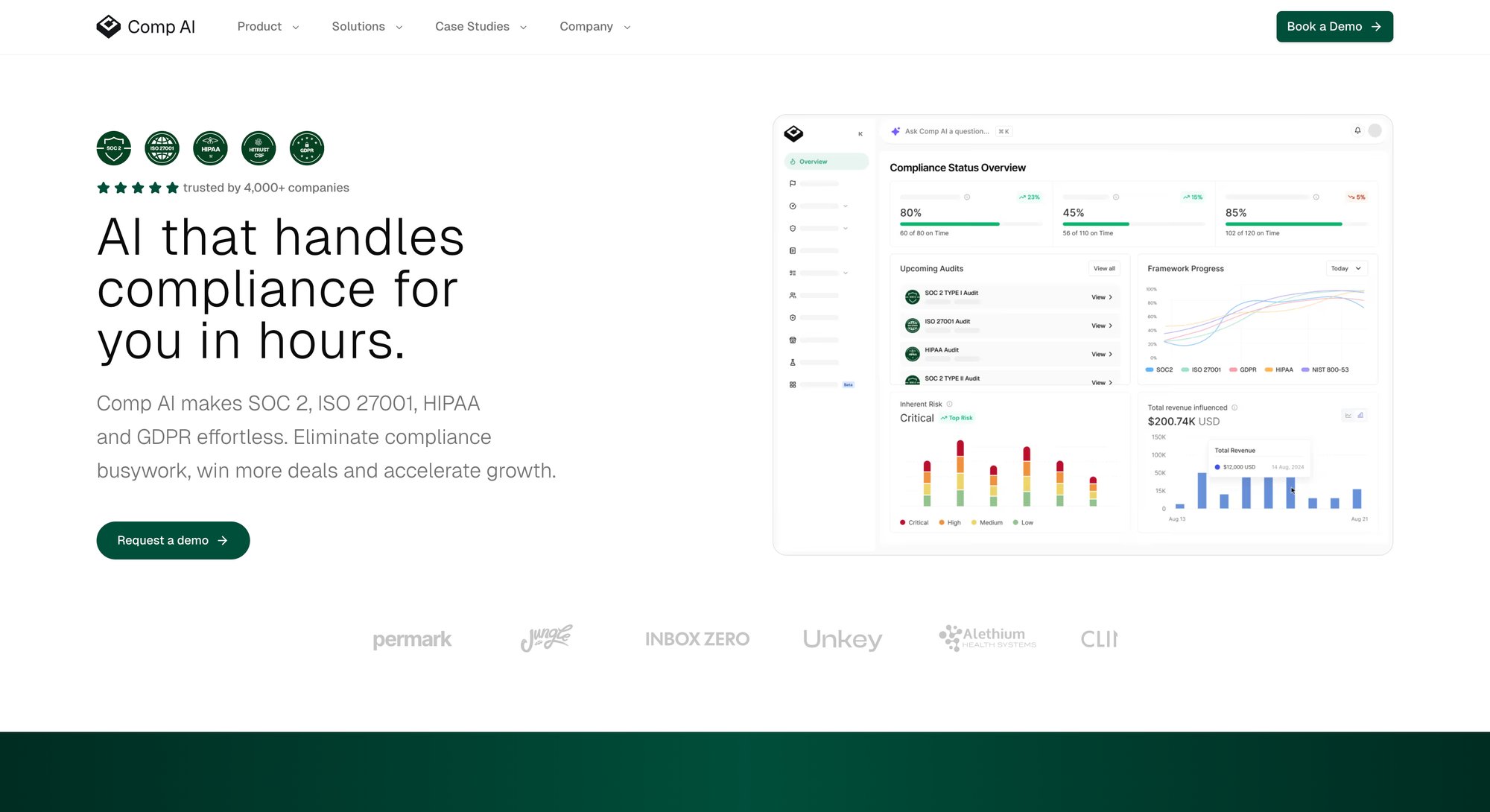
AI Agents that Actually Do the Work
We deploy AI agents 24/7 that actively collect evidence, write policies, monitor systems, and flag issues. Rather than just telling you what to do (like most platforms), our AI agents actually do the compliance work for you.
For example, our AI automatically:
→ Generates all required security policies customized to your tech stack
→ Pulls evidence from your systems continuously without manual uploads
→ Takes screenshots and documents controls
→ Answers security questionnaires using your compliance data
→ Monitors for risks and updates policies as regulations change
Expert Support When You Need It
Like Thoropass, we pair automation with real human expertise. But we deliver it more efficiently through Slack-based support where you can ask questions anytime and get expert answers quickly. No scheduling meetings or waiting days for responses.
How Long Does SOC 2 Take with Comp AI?
Here's where we're fundamentally different from both Thoropass and Vanta:
| Framework | Comp AI Timeline | Traditional Timeline |
|---|---|---|
| SOC 2 Type I | 24 hours | Weeks to months |
| SOC 2 Type II | 14 days to start (3-month observation still applies) | 3-6+ months |
| HIPAA | 7 days | 1-3 months |
| ISO 27001 | 14 days | 2-4 months |
Need SOC 2 compliance urgently? Check out our guide on .
Price with Comp AI: $5,000-10,000 | Price with others: $15,000+
This isn't hype. Here's the proof:
REAL CUSTOMER STORY: One of our customers (Persona AI) spent 4 months with Vanta and only got about 30% through SOC 2. They switched to us and we had them audit-ready in a couple of days. Their CTO told us: "With Vanta we were 30-40% through SOC2 after 4 months; we switched to Comp AI and they had us audit-ready in a couple of days."
How do we achieve this speed?
Front-loaded AI automation: Our AI generates policies in minutes (what humans could take weeks to draft), automatically collects evidence from integrations, and creates all required documentation essentially instantly.
White-glove onboarding: We configure your integrations and customize your policies. An expert team essentially does compliance for you in a dedicated sprint, rather than a months-long self-paced journey.
24/7 AI agents: Our agents run continuously without waiting on human work hours. Evidence collection and monitoring happens asynchronously and automatically.
Pre-built templates and control mappings: We have libraries of controls and mappings for each framework ready to go. The moment you onboard, much is pre-filled and just needs tweaking to your context.
Comp AI Pricing: Transparent and More Affordable
Price with Comp AI: $5,000-10,000 | Price with others: $15,000+
While Vanta starts around $10,000 (plus auditor fees) and Thoropass around $15,000-25,000, we offer packages starting around $3,000-5,000 for SOC 2 with AI automation and expert support included.
We also offer:
- Month-to-month contracts (no long-term commitment)
- 100% money-back guarantee if you're not satisfied
- Transparent pricing (no surprise upsells or hidden fees)
This isn't about being "cheap." It's about AI efficiency letting us deliver the same (or better) outcomes at a fraction of traditional cost.

Comp AI Customer Results and Success Stories
After helping 500 companies, our customers closed $2.3 million in deals last month they couldn't have won without compliance. By getting SOC 2-ready in days instead of months, they unblocked sales cycles and won business.
We've collectively saved over 2,500 hours of manual compliance work for our early customers. That's time founders and engineers got back to focus on building products and growing their businesses.
When Does Comp AI Make the Most Sense?
We're the best fit if you:
- Need compliance fast because deals are waiting
- Want expert guidance without the high-touch meetings and timelines of Thoropass
- Prefer more automation than Vanta's self-serve model
- Want transparent, affordable pricing with no long-term commitment
- Value the peace of mind of a money-back guarantee
We support SOC 2, ISO 27001, HIPAA, GDPR, PCI DSS, and other major frameworks. And we provide integrated audit support (similar to Thoropass) so you're not coordinating separate vendors.
Book a demo with Comp AI to see how we can get you compliant in days instead of months.
Thoropass vs Vanta vs Comp AI: Common Questions
What's the main difference between Thoropass and Vanta?
Thoropass is a high-touch service that guides you through compliance with expert support and integrated audit services. Vanta is self-serve software that automates compliance tasks but expects your team to do implementation work and coordinate audits separately.
Which is faster: Thoropass or Vanta?
Both platforms can achieve compliance in weeks rather than months. Thoropass customers have reported audit-ready status in 7 days, while Vanta users report similar timelines of a few weeks. The actual speed depends more on your starting security posture and responsiveness than the platform itself.
At Comp AI, we typically get companies audit-ready even faster (as little as 24 hours for SOC 2 Type I) through aggressive AI automation and white-glove onboarding.
How much do Thoropass and Vanta really cost?
Neither publishes pricing publicly, but based on industry data:
Vanta: $10,000-30,000+ per year (depending on plan), plus auditor fees of $10,000-20,000 separately
Thoropass: $15,000-25,000+ per year typically, often with audit included
Total first-year cost for SOC 2 Type I ranges from $18,000-45,000+ depending on company size and needs.
Comp AI offers packages starting around $3,000-5,000 with month-to-month terms and no long-term commitment.
Which has better automation: Thoropass or Vanta?
Vanta has broader automation with 300+ integrations compared to Thoropass's 90+. Vanta's automation for evidence collection and continuous monitoring is more extensive out-of-the-box.
However, Thoropass pairs automation with human oversight, so gaps in automation get filled by their expert team. For niche tools Thoropass doesn't integrate with, they'll help manually.
Comp AI uses AI agents that actively do compliance work (not just monitor), which we've found automates about 80% of evidence collection and policy generation.
Do I need a separate auditor with Thoropass or Vanta?
Thoropass: No. They provide the auditor as part of their service. Your audit is coordinated and conducted within the Thoropass platform.
Vanta: Yes. You need to select and pay a third-party auditor separately from Vanta's network of partners.
Comp AI: No. We provide integrated audit support similar to Thoropass, so you don't need to coordinate separate vendors.
Which is better for startups with no compliance experience?
Thoropass and Comp AI are both excellent for compliance beginners because of the expert guidance provided.
Thoropass offers the most hands-on, consultative approach with scheduled meetings and dedicated coaching. This works great if you want someone to actively manage the process.
Comp AI provides expert support through Slack-based communication, which many startups find more efficient than scheduling meetings. Plus, our AI handles more of the actual work.
Vanta can work for beginners too, but you'll need at least one technically capable person on staff who can follow the platform's instructions and do the implementation work.
Can I switch from Vanta or Thoropass to Comp AI?
Technically yes, but it's not ideal. There's learning curve and potential duplication of effort. However, we've had customers switch from Vanta to Comp AI mid-stream (like Persona AI mentioned earlier) and we were able to accelerate their completion significantly.
If you're unhappy with your current platform, it's worth evaluating alternatives rather than staying stuck in a slow or expensive process.
Which platform supports the most compliance frameworks?
All three handle multiple frameworks, but with different approaches:
Vanta has the broadest framework coverage (including specialized ones like FedRAMP and ISO 42001) and excellent control mapping to reduce duplicate work across frameworks.
Thoropass supports 14+ major frameworks and can coordinate concurrent audits efficiently, which saves time if you need multiple certifications simultaneously.
Comp AI supports all major frameworks (SOC 2, ISO 27001, HIPAA, GDPR, PCI DSS) and our AI can prep multiple frameworks in parallel quickly.
What happens after I get certified with each platform?
All three platforms support continuous compliance monitoring to maintain your certification year-round:
→ Automated monitoring of systems for control drift
→ Alerts when issues arise
→ Evidence collection for renewal audits
→ Policy updates as needed
Thoropass includes ongoing expert support and annual audit coordination as part of their service.
Vanta provides the software monitoring (you manage the relationship with your auditor for renewals).
Comp AI provides continuous monitoring and expert support with integrated audit services for renewals.
Does any platform offer a money-back guarantee?
Neither Thoropass nor Vanta advertises a money-back guarantee publicly.
Comp AI offers a 100% money-back guarantee if you're not satisfied or don't meet timelines. This reflects our confidence in delivering results quickly.
How do I choose between Thoropass, Vanta, and Comp AI?
Consider these factors:
Choose Thoropass if: You want the most hands-on consulting approach with scheduled meetings, don't mind traditional timelines (weeks), and budget isn't your primary concern.
Choose Vanta if: You have internal technical capacity to manage compliance yourself, prefer software-only independence, want the broadest integration coverage, and are okay coordinating a separate auditor.
Choose Comp AI if: You need compliance FAST (hours or days), want AI automation plus expert support without excessive meetings, value transparent/affordable pricing, or want the security of a money-back guarantee.
The best approach? Book demos with all three and see which team and platform you connect with. The interface, process, and people all matter when you'll be working together on something as important as compliance.
Get Compliant Faster with the Right Platform
Whether you choose Thoropass, Vanta, or Comp AI, you're making a smart decision to automate compliance rather than attempting it manually. All three platforms dramatically improve on traditional consulting approaches.
The right choice depends on your specific situation:
- Thoropass delivers exceptional hand-holding and thoroughness for teams that want someone else to manage the complexity
- Vanta provides powerful automation and flexibility for teams that prefer staying in control
- Comp AI offers the speed of AI automation plus expert support at a more accessible price point
What matters most is getting compliant so you can close those waiting deals, enter new markets, and grow your business without compliance blocking you.
If you're still evaluating options, we're happy to help you think through your needs. Book a demo with us and we'll walk you through how Comp AI works, answer all your questions, and help you understand whether we're the right fit (even if that means recommending Thoropass or Vanta instead).
Here's to faster, easier compliance that actually helps your business grow.
Share this article
Help others discover this content